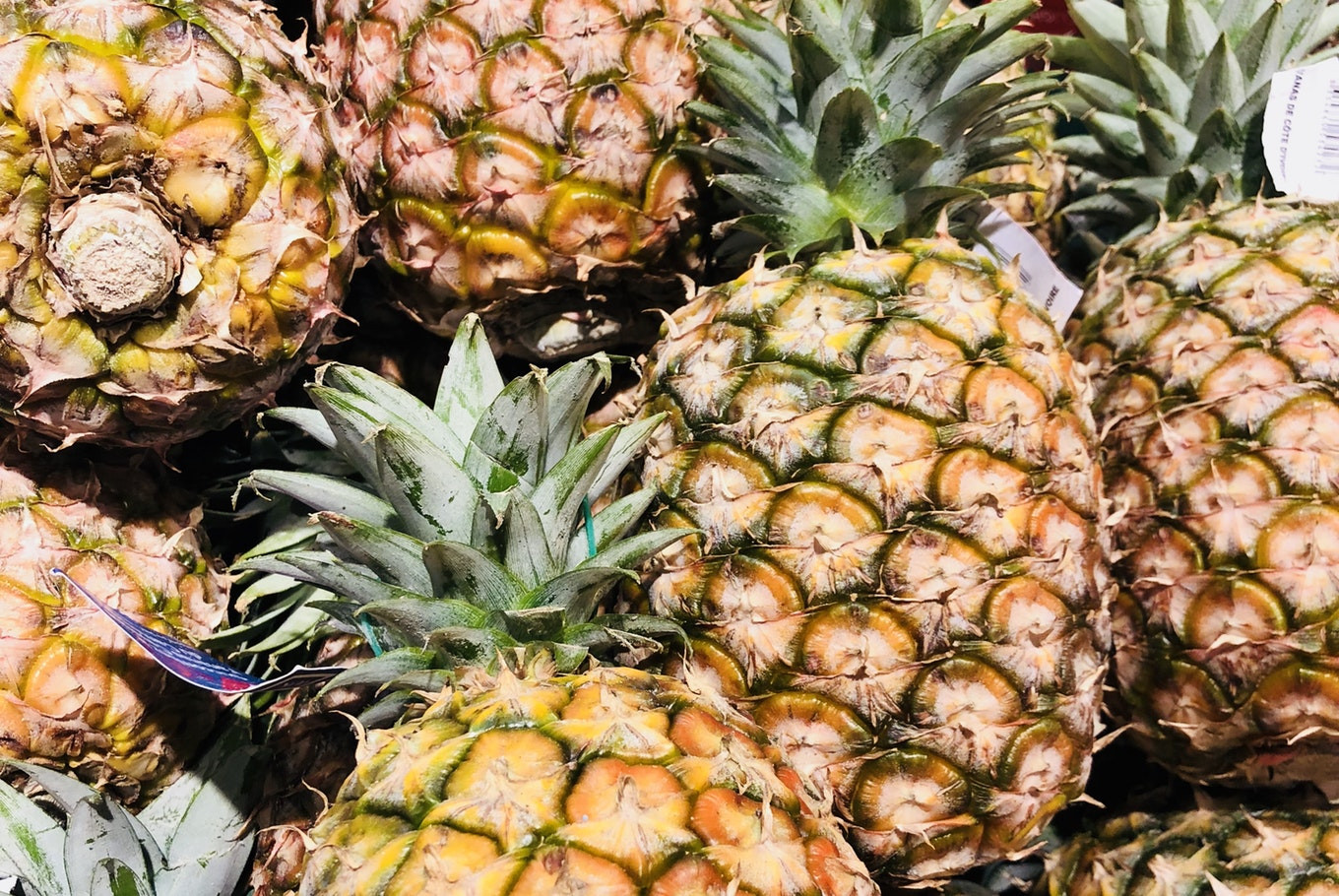Popular Reads
Top Results
Can't find what you're looking for?
View all search resultsPopular Reads
Top Results
Can't find what you're looking for?
View all search resultsFruit exports, removing the core problem
The industry offers a low hanging fruit of opportunity Indonesia cannot afford to miss.
Change text size
Gift Premium Articles
to Anyone
A
n executive of one of the country’s major pineapple producers recently complained to Finance Minister Sri Mulyani Indrawati about the difficulties his company encountered in exporting the company’s pineapples to China, one of the world’s largest buyers of tropical fruits.
The businessman, who owns a large pineapple plantation in Lampung, said his company had tried in vain to enter the Chinese market over at least the last 10 years. The popular fruit cannot enter the Chinese market because it has not been included in the quarantine protocol agreement between Indonesia and the economic giant.
Had the agreement been in place, Indonesia could have generated at least US$50 million a year from pineapple exports alone, the businessman told a meeting between the finance minister and exporters recently.
The businessman’s complaint only illustrates the myriad problems Indonesian farmers are facing in exporting their fruit, which is an irony because it is not in line with the government’s agenda to boost exports of non-oil and gas products, including fruits. It turns out the promotion of fruit farming has yet to resolve the core problems.
Known for its rich biodiversity, Indonesia is blessed with lots of tropical fruit varieties. Indonesian pineapples, mangosteens, bananas, mangos and other fruits have filled not only Asian markets, but also those in Europe and the United States.
However, Indonesia is still lagging behind its ASEAN neighbors such as Thailand, the Philippines and Vietnam, which are billed as the world’s major exporters of tropical fruits. Compared with Vietnamese and Thai fruits, Indonesian products are less competitive not only because of their low quality but also expensive transportation costs.
Unlike Thailand and Vietnam, which use land transportation to export their fruits to China, Indonesia still relies on air transportation. To reduce logistics costs, Indonesia needs special ships equipped with a cold storage system to reach its fruit buyers overseas, simply because fruits are highly perishable.
Transportation is a long-standing issue Indonesia has failed to address. This problem is the reason why oranges imported from China are sold in Jakarta supermarkets at a lower price than oranges brought in from North Sumatra.
Unsurprisingly, Indonesia is becoming a large fruit market of other Asian countries, rather than an important export player. According to Statistics Indonesia data, Indonesia’s fruit imports totaled US$1.03 billion, while exports only reached $674.05 million from January to October last year.
In addition to the costly transportation, Indonesian fruits face difficulties in entering overseas markets because their quality cannot meet world standards. The quality problem has something to do with the fact that the fruits are produced by smallholder farmers, who mostly lack the capital to buy enough fertilizer, pesticides and machinery, as well as modern farming equipment.
Thailand is a model that Indonesia can learn from in developing its fruit farming. Through an intensive program which began in the early 1980s, Thailand has managed to develop more than 1,000 varieties of tasty tropical fruit. In Asia, Thailand is the main exporter of various tropical fruits such as durians, guavas, mangoes, mangosteens, bananas, oranges, rambutans, coconuts and lychees — all of them are found in abundance in Indonesia.
The Philippines and Vietnam have also emerged as important players in the tropical fruits supply chain in the global market, thanks to their success in improving the quality and promoting efficient distribution costs of their products.
Only if Indonesia follows in the footsteps of its ASEAN neighbors can it take advantage of the rising demand for tropical fruits worldwide. The government should encourage investment in modern farming technology and transportation infrastructure while eliminating non-tariff barriers to help fruit farmers win competition in the international market. As in the case of the horticulture sector, huge investment in research and development to produce quality seeds is needed in the fruit industry.
Efforts to boost non-oil and gas exports have dominated discussions among policymakers and economic pundits lately amid an increase in the trade deficit during the last four months. The country’s full-year trade balance hit a deep deficit of $8.57 billion in 2018. It was the largest deficit ever recorded since 1975 and a stark contrast to the 2017 and 2016 records, in which the country recorded surpluses of $11.84 billion and $9.48 billion respectively.
There have been programs to boost revenues from exports to plug the trade deficit. Among the agendas is to promote the downstream industry to produce semi-finished and finished products with higher added value and resistance to market fluctuation.
Focusing on downstream industry, however, bears risks. It can, for example, limit the opportunities of other promising business sectors from growing. The agricultural sector, or particularly fruit farming, deserves an equal level of government treatment considering its huge potential.
The industry offers a low hanging fruit of opportunity Indonesia cannot afford to miss. As happens in our neighboring countries, the fruit industry not only generates huge revenues but also sweetens the lives of farmers and their families.










